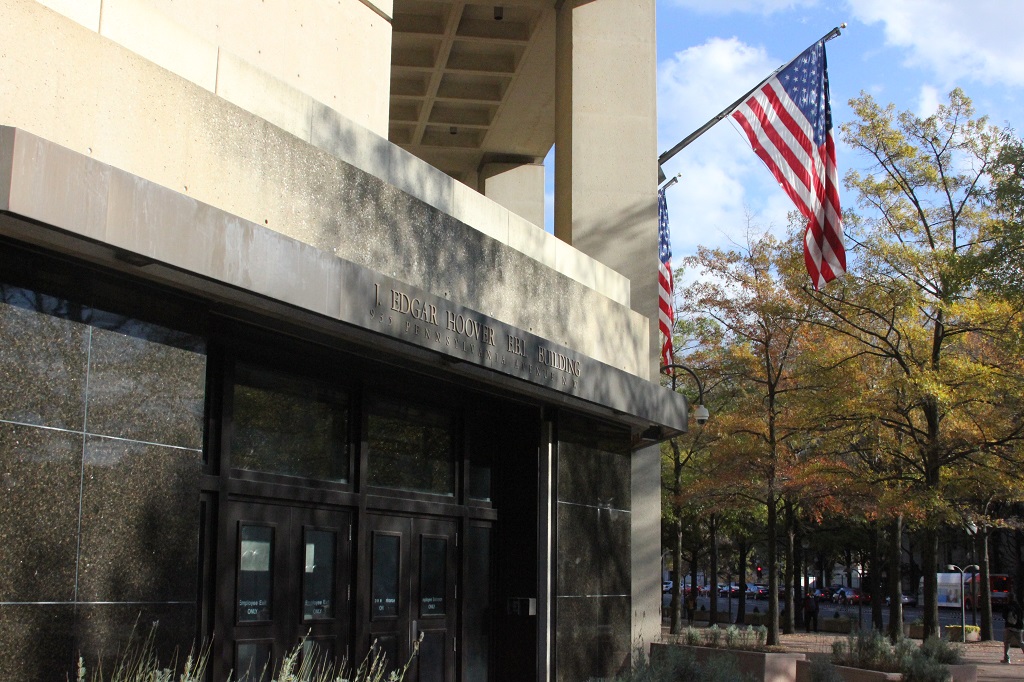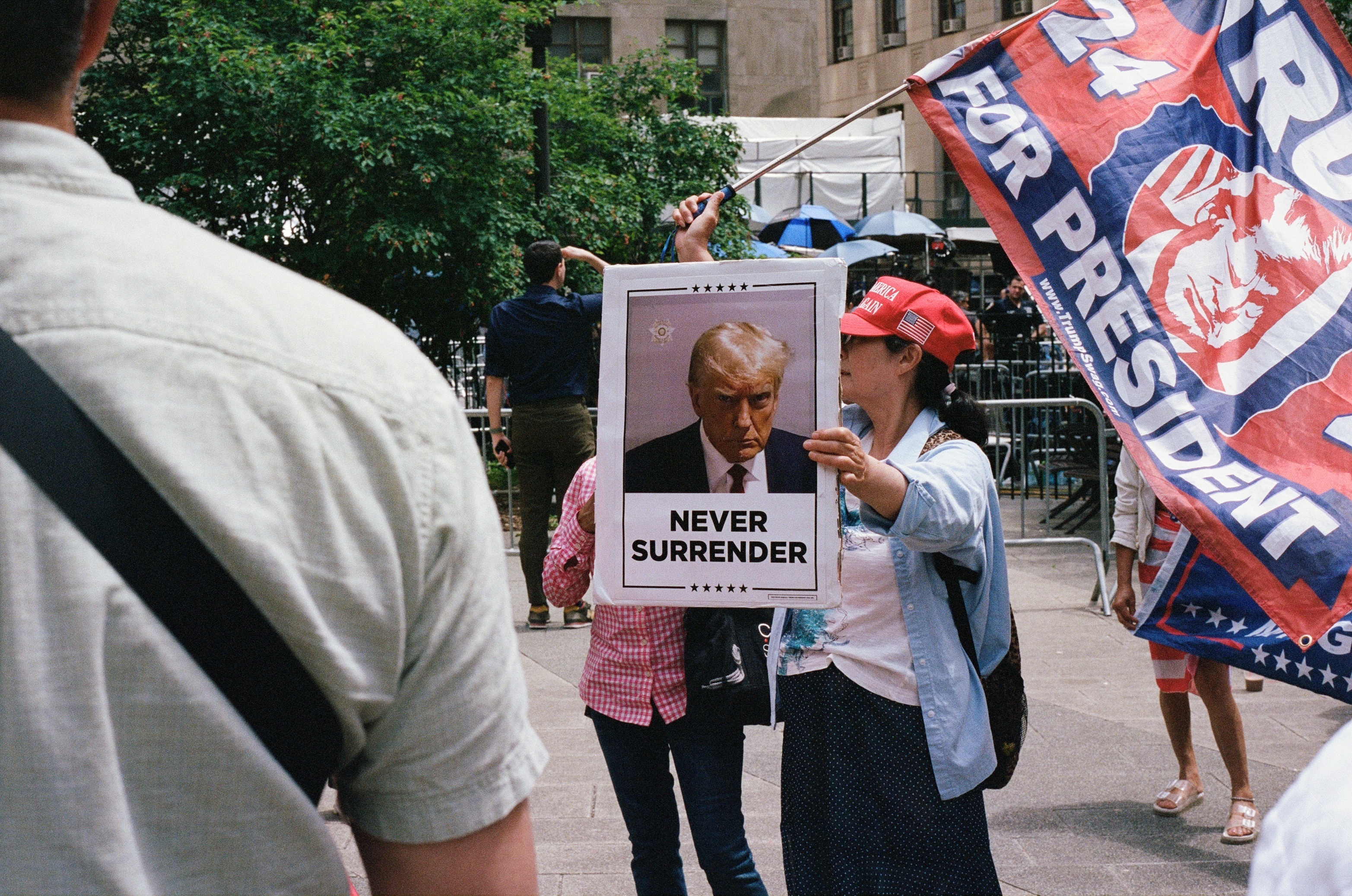The Public Isn’t Buying It: Confidence in the FBI is Very High
Memo to the President: Your attacks on the FBI aren’t working.
President Trump has apparently decided that attacking federal law enforcement is a good defense strategy in L’Affaire Russe. Conservative media outlets have picked up the cry, devoting hours of air time to the absurd proposition that the FBI is corrupt and biased in favor of Hillary Clinton—and against the President.

Published by The Lawfare Institute
in Cooperation With

Memo to the President: Your attacks on the FBI aren’t working.
President Trump has apparently decided that attacking federal law enforcement is a good defense strategy in L’Affaire Russe. Conservative media outlets have picked up the cry, devoting hours of air time to the absurd proposition that the FBI is corrupt and biased in favor of Hillary Clinton—and against the President.
The other day, curious about the impact of such attacks on public opinion, we put a very simple poll in the field using Google Surveys. It asked one question, polled between December 5-7: “How Much Confidence Do You Have in the FBI?”
The answer was striking:

The average confidence rating for the FBI in this poll measured in at 3.34. That compares favorably to any other institution we poll on, save the military, which had an average confidence score of 3.78. The question polled here is subtly different from our other polls, which measure confidence in institutions as protectors of national security. This one asks about confidence in general—on the theory that the President’s attacks on the Bureau have been general attacks, not limited to the national security function. That said, the FBI’s rating was notably higher than the next highest institution, the intelligence community more broadly, which had an average confidence measure of 3.04. Forty-seven percent of respondents give the FBI higher confidence ratings, either 4 or 5. And fully 74 percent repose at least some confidence in the Bureau—that is, give it at least a rating of 3. By contrast, only 26 percent give the FBI lower confidence ratings, that is a rating of only 1 or 2.
We don’t know what these numbers would have looked like before the President began his attacks. But support for the Bureau appears very strong. If he’s going to defend himself by tearing down the FBI, Trump has his work cut out for him.
Methodology
For this survey, we once again used Google Surveys, which is supporting this public opinion project with a large in-kind donation of access to its survey platform to ask a variety of questions related to national security. Respondents are internet users over 18 who answer “surveywall” questions on websites that use Google Opinion Rewards for Publishers to access content. Surveys appear on a network of more than 1,500 sites, including USA Today and the Financial Times. For more information on Google Surveys’ methodology, including questions regarding sampling bias and inferred demographics, please see Google’s white paper on the topic. Emma Kohse and Benjamin Wittes also discussed criticisms and advantages of the Google Surveys methodology at some length in this paper.






